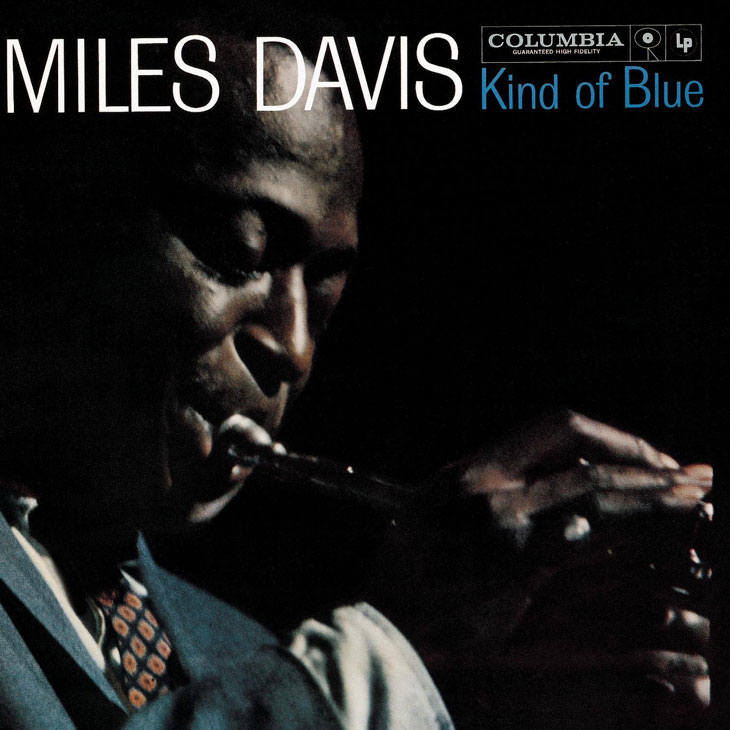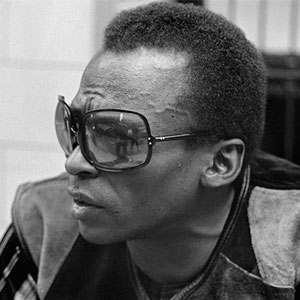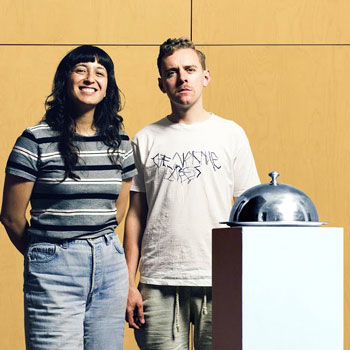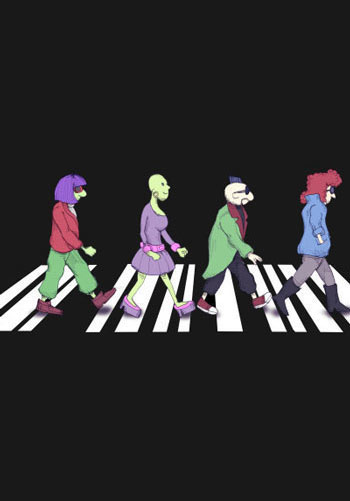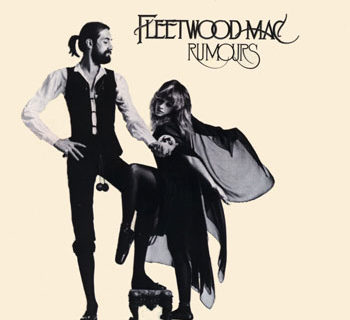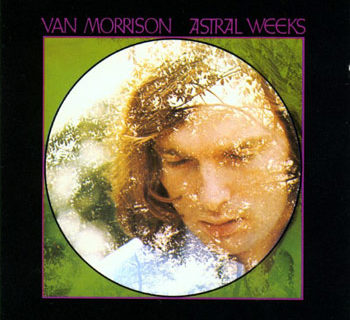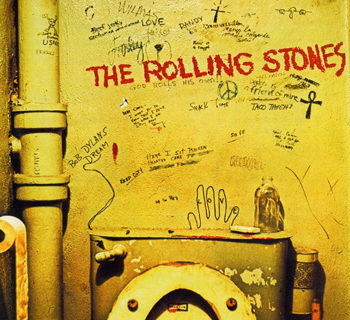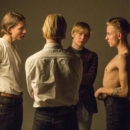Album #49: Kind of Blue – Miles Davis
Enter Jazz: tsss, tchk, tsss, tsss.
Of all the artists this list introduced me to, Miles Davis is one I come closest to idolizing. He is like the cycle of life itself and the embodiment of jazz as a form. While Coltrane may hit higher highs, Mingus more compositionally accomplished, and Coleman more adventurous, there is just something about Davis that makes him the real thing.
Prior to listening to this list, my understanding of jazz was limited to hi-hats and saxophones. I didn’t know the nomenclature or theory; I understood nothing of the elegance, or chaos, and the limitless means of expression found in it. It was all more or less the same basic thing for me. Then Kind of Blue happened.
This album, released in 1959, is pure atmosphere. This album is a drizzly-night, just before the arrival of gray dawn. One of those nights between tenements, where everything is a different shade of navy, and you look at the laden urban trees in the sharp-relief of high-contrast headlights and sirens heavy in the night. It is the city, and it is sadness. Davis’ trumpet soars over modal bass and undulating white-noise drums of tracks like “So What,” “Freddie Freeloader,” and “Blue in Green,” while the piano sits in the distance, strolling along chordal nothings; then the mode is changed up, and someone else takes a run.
Davis’ trumpet soars over modal bass and undulating white-noise drums of tracks like “So What,” “Freddie Freeloader,” and “Blue in Green,” while the piano sits in the distance, strolling along chordal nothings; then the mode is changed up, and someone else takes a run.
This album is the essence of jazz, and essentially Davis. He pioneered bebop, and then the chord changes got too complex. The rules piled up until it bored him. So, he dropped the formula, and started from scratch. Sticking to a simpler methodology of mode-based improvisation and simplicity as virtuosity, Davis unveils a sound rich and evocative. I get lost in between the piano and double bass every time and ride those drum beats, the music swirling like a quiet night in the distance.
I’m always brought back to the first night I found Boston. I was overtaken by the chaotic array of scrapers; I got lost in the dizzying neuronal streets. I walked in circles and ended up back where I started. When I woke up, the sun was hiding behind blue-gray dawn. I walked over to a little hole-in-the-wall and got breakfast, watching a city wake-up. It was a moment that I treasure.
And every time I spin this record, get to “All Blue”, and hear that sorrow, and those down-beat horns, I’m taken back to that moment, where I was unknown, unknowable, and the world was so much bigger.
Until I’m all blue.

